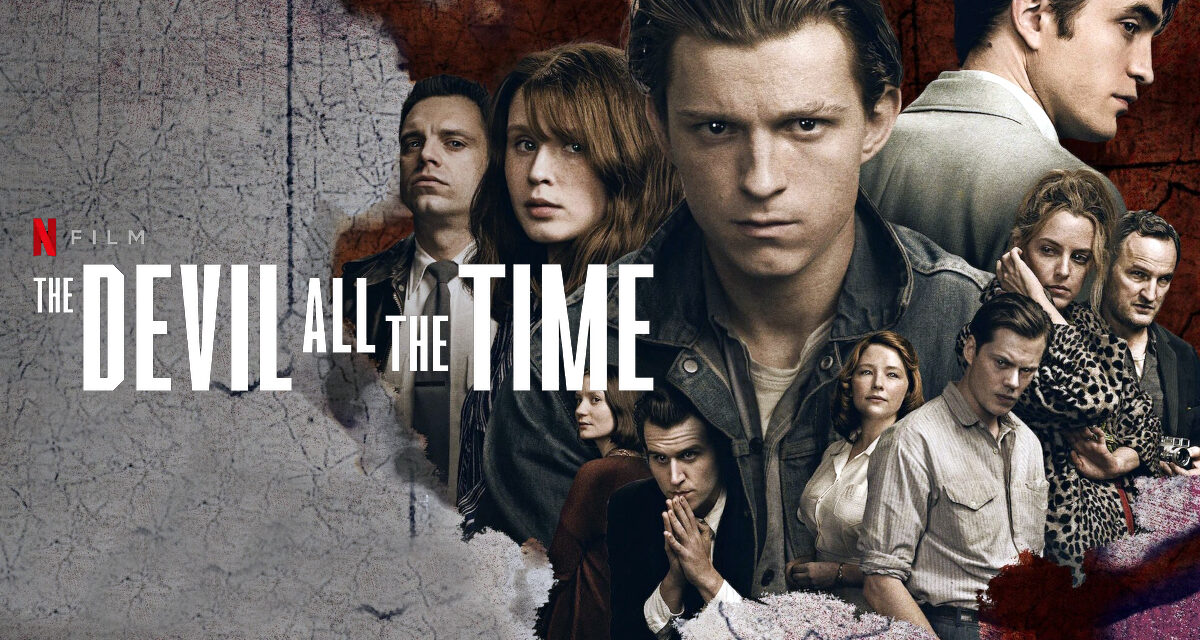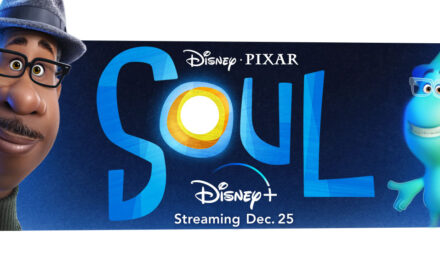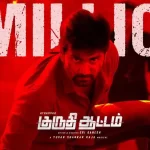Director: Antonio Campos
Cast: Tom Holland, Robert Pattinson, Bill Skarsgard, Riley Keough
The Devil All The Time, that has released simultaneously on Netflix and in select theatres has an extensive range. At the same time, it is, or at least tries to be, a coming of age film, a revenge saga, a commentary on religion, a slasher film and last but not least, even a vigilante origins story of sorts. The film’s script is based on the popular novel of the same name by Donald Ray Pollock, who also delivers the narrative voiceover throughout the film (more on this later).
The film’s striking feature is the set of echo scenes that are spattered throughout. A mother and daughter both suffer from romantic relationships with psychotic Church preachers. A father and son are both haunted for life after witnessing gory imagery linked to crucifixion, in separate incidents. While the father tries to build his life in the post world war era, there is already another one brewing in Vietnam as his son takes his adolescent steps. And finally, during the very last scene in the film, the son himself cannot help but notice similitude in the options in front of him compared to the ones his father had all those years ago.
The son here is Arvin Russel (Tom Holland), and his character acts as the centre of gravity holding together the film’s universe in orbit. He’s been traumatized as a child, having witnessed his mother succumb to cancer and his father to suicide on the same day. He’s now grown up into a lanky teenager, brought up by his grandmother and his uncle. Also brought up in the same household is Lenora, who’s introduced as Arvin’s step-sister, but is actually the daughter of the woman who fell prey to the psychotic Church preacher mentioned earlier and since adopted by Arvin’s grandmother.
Things turn murkier in Arvin’s life and especially Lenora’s, upon the entry of a new Church preacher in town, Reverend Preston Teagardin (Robert Pattinson). Preston turns out to be a pedophile and Lenora falls prey to his religious propaganda and charming façade, before being impregnated by him and coerced to get an abortion. She takes her own life after the trauma of this episode and this creates a void in Arvin’s life, who’s lost another loved one.
There is a parallel track in the film that follows the story of a serial killer couple, the necrophiliac Carl (Jason Clarke) and his wife Sandy (Riley Keough). They have a unique modus-operandi, of giving stranded hitchhikers a lift and subsequently trapping and killing them, to capture photographs of their nude bodies. In keeping with the screenplay’s echoing tendency, Carl and Sandy’s lives meet with Arvin’s once at the very beginning and then again right at the end of the film.
The director Antonio Campos, who has also directed and produced a few episodes of the highly acclaimed Netflix show The Sinner, has managed to hold all this together expertly. The scenes are neatly split and segued and the non linear narration during certain portions serves as a cool subversive trope. However, this is not to say the film is perfect. This is a book adaptation and you get the sense that the textual grammar has been visually recreated diligently enough. The emotional translation though, seems a bit off. This has a lot to do with the character sketch of Arvin, the main protagonist. For example, you wonder if Arvin’s picking up a gun to avenge his sister’s death and this then subsequently developing into a vigilante arc didn’t deserve a more gradual and toned build up. The sequence itself is exciting as it unfolds, but you wonder if this is really how a teenager would react, especially one like Arvin who’s shown to have recovered from his childhood trauma and leading a normal daily life. Basically, we see the gun go off, but search for the emotional trigger.
Tom Holland, who’s prominently known for playing Spiderman in various Marvel films, makes the most of the character arc presented to him (coincidentally, one of the film’s early sarcastic digs at religion is through a scene involving spiders and its literally creepy)! The real casting masterstroke though is Robert Pattinson’s in a negative role. As the charismatic, dashing new Reverend in town who can do no wrong in the eyes of the county folk, Pattinson rocks with his demeanour and deep western accent throughout (Pattinson, like Holland is actually an Englishman). Pattinson is an actor who tasted success early in his career, thanks to the Harry Potter and Twilight franchises, but his stock has seen a mercurial rise of late after starring in blockbusters like The Lighthouse and Tenet.
The Devil All The Time is a sincere directorial attempt that needed greater care in the writing department. Its difficult to find a logical flaw or loophole anywhere and many scenes are enjoyable and refreshingly conceived, but like mentioned, a stronger emotional tangent would have helped dramatically. The constant voiceover narration also doesn’t help and becomes too expository after a point. It clashes with the film’s overall tone and pitch. The film’s palette is almost drained of its colours to create a somber visual mood and the voiceover track that aims to be quirky and cool really contradicts this agenda.
Overall, I liked a lot of what I saw in The Devil All The Time. Its not a bad film, but could have obviously been so much more than what it is presently. It’s a film that handles the themes of trauma and death realty well, but you wish it had more life in it too. That would have made this a truly magnificent film.
Overall rating: 3/5










